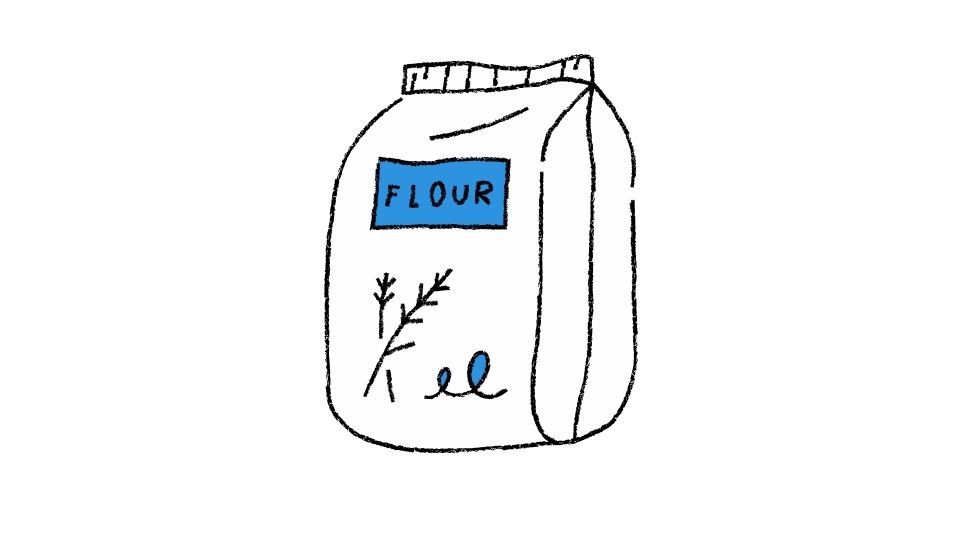Is Protein Powder Natural or Synthetic? What You Need to Know

Is protein powder really natural? Or is it a man-made science experiment in a tub?
Let’s break down what’s actually in that scoop you’re mixing into your post-workout shake.
The Truth About Protein Powder: Natural or Synthetic?
First things first: protein powder isn’t some alien substance created in a lab from scratch. It’s actually processed from real food sources – your body doesn’t know the difference between protein from a steak and protein from a shake (though your taste buds certainly do).
Where Does Protein Powder Actually Come From?

Protein powder comes from two main places:
- Animal sources – mostly whey and casein (from milk), or egg proteins
- Plant sources – like pea, rice, hemp, or soy protein
The process is pretty straightforward (though industrial):
For whey protein, manufacturers take the liquid leftover from cheese production, filter out the fats and lactose, concentrate the protein, and then spray dry it into powder. Think of it like making orange juice concentrate, but for protein.
For plant proteins, they grind up plants like peas into flour, mix with water, filter out everything that’s not protein, and then dry what’s left.
So in that sense, protein powder is natural – it comes from real food!
So Why Do People Call It “Synthetic”?
Here’s where things get tricky. While the protein itself comes from natural sources, many commercial protein powders add a bunch of other stuff:
- Artificial flavors (because unflavored protein powder tastes like cardboard)
- Synthetic sweeteners like sucralose or aspartame
- Preservatives for shelf life
- Thickeners and emulsifiers so it doesn’t clump
These additives are often synthetic, created in labs to make your protein shake taste like cookies and cream instead of… well, protein.
Many “natural” protein brands emphasize minimal processing and avoid these artificial additives, using things like stevia or monk fruit instead of artificial sweeteners.
Protein Powder vs. Real Food

Here’s where protein powder falls short:
Whole foods like chicken, eggs, and salmon don’t just give you protein – they come with a complete package of nutrients. A piece of salmon gives you protein PLUS omega-3s, B vitamins, and minerals.
Protein powder is like getting the lead singer without the band – you get the star of the show (protein) but miss out on the supporting cast (other nutrients).
For example, 25g of protein from powder gives you… 25g of protein. That’s it.
25g of protein from salmon gives you protein PLUS vitamin D, B12, selenium, and those heart-healthy fats your body loves.
To get the same nutrition as real food, you’d need to take protein powder plus a multivitamin plus fish oil you get the idea. It gets complicated fast. That’s why even the American Dietetic Association recommends getting most of your nutrition from whole foods.
Are You Drinking Synthetic Nutrients?
The technical definition of “synthetic nutrients” means something created artificially in a lab to mimic natural nutrients.
By this definition, the protein in your powder isn’t synthetic – it’s just isolated from natural sources.
But those artificial sweeteners, colors, and flavors? Definitely synthetic.
That’s why checking labels matters. Some protein powders are just concentrated food with minimal additives. Others have ingredient lists that look like a chemistry experiment.
How to Choose the Right Protein Powder

If you want to minimize synthetic stuff in your protein:
- Look for short ingredient lists (fewer ingredients usually means fewer additives)
- Choose unflavored options when possible (or naturally flavored)
- Consider plant-based proteins if you have dairy sensitivities (many are processed with fewer additives)
- Check for organic certification if you’re concerned about pesticide residues
Remember, even the most “natural” protein powder is still processed food – not something you could make in your kitchen with simple tools. It’s not inherently bad, but it’s not the same as eating whole foods.
The Bottom Line



Protein powder itself is not synthetic – it’s derived from real food sources through processing. But many protein powders contain synthetic additives that move them further from their natural origins.
Think of protein powder like a helpful supplement to an already good diet, not a replacement for real food.
And if you’re worried about synthetic ingredients, read those labels carefully or consider making your own protein-rich smoothies with whole foods like Greek yogurt, nut butters, and hemp seeds.
Your muscles don’t care where the protein comes from – but the rest of your body might appreciate the complete package that whole foods provide!

